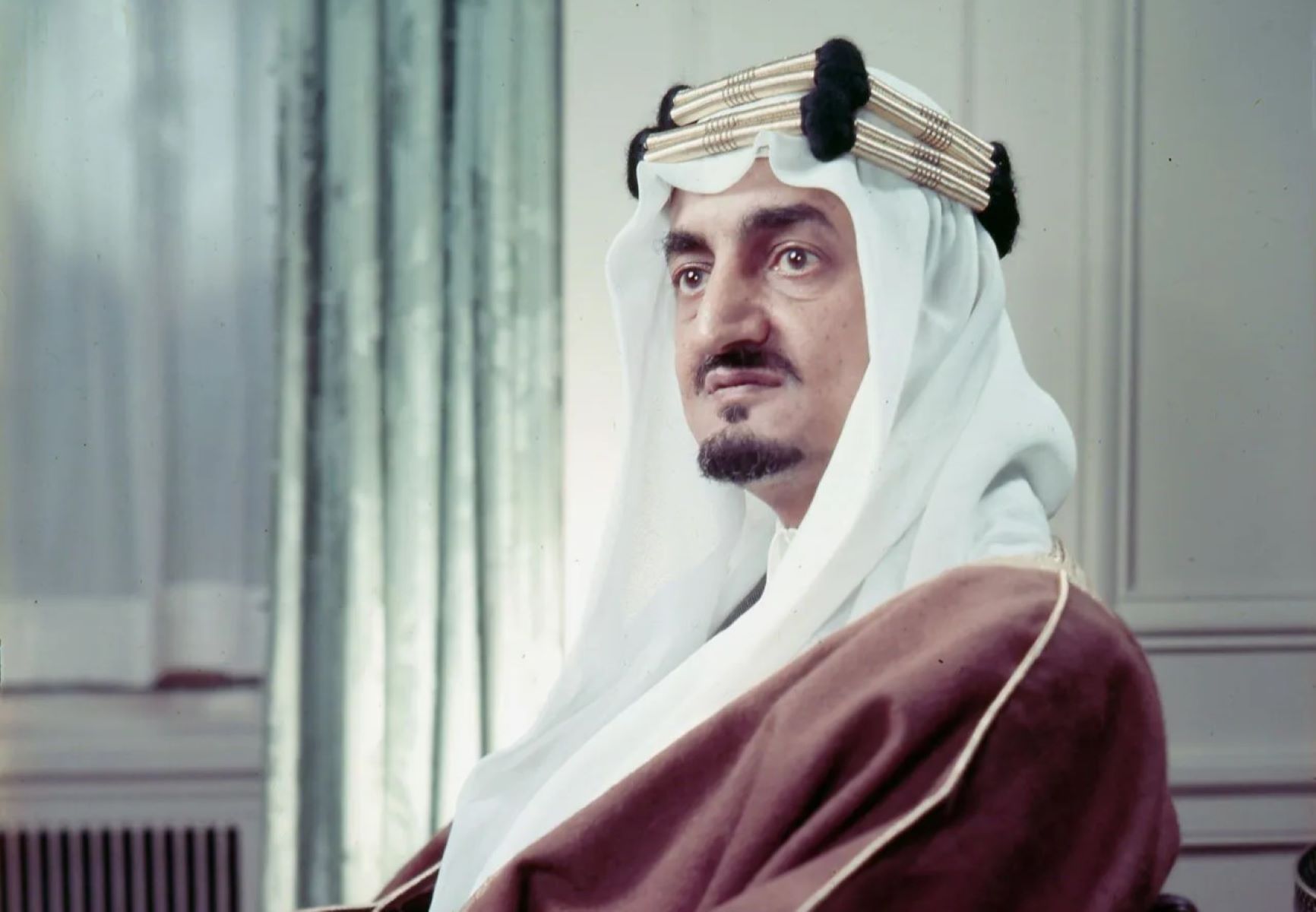
Who was King Faisal? King Faisal, the third king of Saudi Arabia, ruled from 1964 until his assassination in 1975. Known for modernizing his country, he introduced reforms in education, healthcare, and infrastructure. Faisal also played a crucial role in the formation of the Organization of the Petroleum Exporting Countries (OPEC). His leadership during the 1973 oil embargo showcased his influence on global politics. A devout Muslim, he promoted Islamic solidarity and supported the Palestinian cause. His reign marked a period of significant transformation, blending tradition with progress. Curious about more? Let's dive into 15 intriguing facts about this remarkable leader.
Key Takeaways:
- King Faisal, a pivotal figure in Saudi Arabia's history, was born in 1906 and became a leader known for his domestic reforms and impactful foreign policy decisions.
- Faisal's early life and rise to power shaped his reign, marked by modernizing reforms, support for Palestinian rights, and the use of oil as a political weapon.
King Faisal's Early Life
King Faisal of Saudi Arabia was a pivotal figure in the country's history. His early life set the stage for his impactful reign.
- Born in Riyadh in 1906, Faisal was the third son of King Abdulaziz, the founder of modern Saudi Arabia.
- His mother, Tarfa bint Abdullah, was from the Al ash-Sheikh family, descendants of the religious leader Muhammad ibn Abd al-Wahhab.
- Faisal's education was traditional, focusing on Islamic studies and the Quran, which shaped his future policies.
- At age 13, he was sent on a diplomatic mission to Europe, showcasing his early involvement in international affairs.
Rise to Power
Faisal's journey to the throne was marked by significant events that demonstrated his leadership abilities.
- In 1926, he was appointed Viceroy of Hejaz, a region in western Saudi Arabia, where he implemented administrative reforms.
- Faisal became the Foreign Minister in 1930, playing a crucial role in establishing Saudi Arabia's foreign relations.
- He was named Crown Prince in 1953 after the death of his father, King Abdulaziz.
- Faisal assumed the throne in 1964 after his brother, King Saud, was deposed due to financial mismanagement and political instability.
Domestic Policies
King Faisal's reign was characterized by numerous domestic reforms aimed at modernizing Saudi Arabia.
- He introduced the first development plan in 1970, focusing on infrastructure, education, and healthcare.
- Faisal established the Ministry of Justice to create a more organized judicial system.
- He promoted education for women, a significant step towards gender equality in the kingdom.
- Faisal's policies led to the establishment of Saudi Arabia's first television station in 1965, despite opposition from conservative factions.
Foreign Policy and Legacy
King Faisal's foreign policy decisions had lasting impacts on both Saudi Arabia and the broader Middle East.
- He was a staunch supporter of Palestinian rights, advocating for their cause on international platforms.
- Faisal played a key role in the 1973 oil embargo, using oil as a political weapon to influence Western policies towards the Arab-Israeli conflict.
- His assassination in 1975 by his nephew, Faisal bin Musaid, shocked the nation and the world, marking the end of a transformative era for Saudi Arabia.
Reflecting on King Faisal's Legacy
King Faisal's impact on Saudi Arabia and the world remains significant. His efforts in modernizing Saudi Arabia, advocating for education, and promoting economic development have left a lasting mark. His leadership during the oil embargo of 1973 showcased his strategic acumen and commitment to Arab unity. Faisal's dedication to Islamic solidarity and his role in founding the Organization of Islamic Cooperation highlight his vision for a united Muslim world. His assassination in 1975 was a tragic loss, but his legacy continues to inspire. Understanding these facts about King Faisal helps appreciate his contributions and the profound changes he brought to his nation. His life serves as a reminder of the power of visionary leadership and the enduring impact one individual can have on history.
Frequently Asked Questions
Was this page helpful?
Our commitment to delivering trustworthy and engaging content is at the heart of what we do. Each fact on our site is contributed by real users like you, bringing a wealth of diverse insights and information. To ensure the highest standards of accuracy and reliability, our dedicated editors meticulously review each submission. This process guarantees that the facts we share are not only fascinating but also credible. Trust in our commitment to quality and authenticity as you explore and learn with us.
